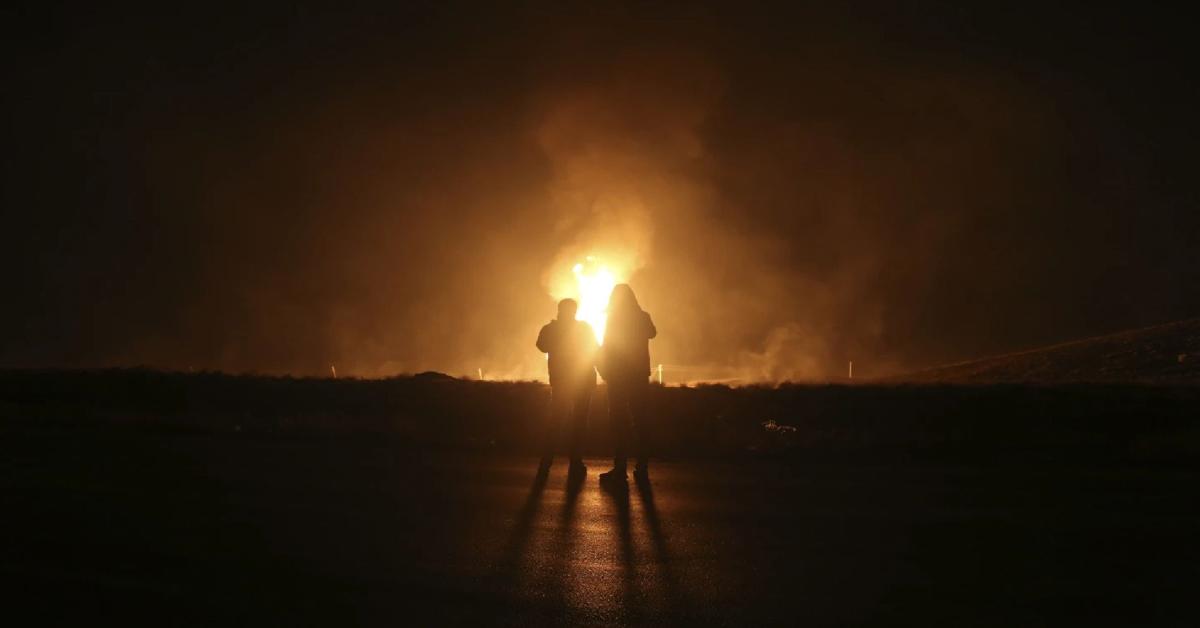
Israel allegedly sabotaged an Iranian gas pipeline, causing explosions and escalating tensions with Iran amid conflict with Hamas in Gaza
An alleged act of sabotage carried out by Israel on an Iranian natural gas pipeline resulted in the series of explosions that occurred a week ago, as claimed by Iran’s oil minister on Wednesday, escalating tensions between the two rival nations amid Israel’s war on Palestine.
Iran’s Oil Minister Javad Owji accused Israel of orchestrating the attack on the gas pipeline, stating that the goal was to disrupt gas supply in the provinces and endanger the distribution of gas to the public.
Owji asserted that the enemy intended to create chaos, but the situation was handled effectively. However, he did not offer any proof to back up his allegations.
Israel has not admitted to conducting the attack, as it rarely takes responsibility for its covert operations overseas. Prime Minister Benjamin Netanyahu's office, a longstanding adversary of Iran, did not immediately provide a response.
The explosions on Feb. 14 targeted a natural gas pipeline that runs from Iran's Chaharmahal and Bakhtiari provinces in the west, heading north to cities on the Caspian Sea. This pipeline, spanning approximately 1,270 kilometers (790 miles), originates in Asaluyeh, a central point for Iran's offshore South Pars gas field.
Owji previously likened this attack to a series of unclaimed assaults on gas pipelines in 2011, coinciding with the anniversary of Iran's 1979 Islamic Revolution. Just days before the pipeline explosions, Tehran celebrated the 45th anniversary of the revolution.
Israel has conducted operations in Iran primarily targeting its nuclear program. Recent warnings from the head of the United Nations' nuclear watchdog highlight concerns about Iran's lack of transparency regarding its atomic activities, especially following statements from a former leader of Tehran's program indicating possession of all components for a nuclear weapon.
Tensions over Iran's nuclear program coincide with actions by groups supported by Tehran in the region, such as Hezbollah in Lebanon and Houthi rebels in Yemen, who have launched attacks against Israel amid its war on Gaza. The Houthis' disruptions of commercial shipping have led to retaliatory airstrikes by the U.S. and the U.K.
Despite a month of U.S.-led airstrikes, the Houthi rebels retain the ability to carry out significant attacks. This week, they inflicted serious damage on a vessel in a critical strait and downed a high-value American drone.
Additionally, on Wednesday, a suspected Israeli strike struck a neighborhood in Damascus, Syria, where previous likely Israeli attacks targeted members of Iran's paramilitary Revolutionary Guard.
Source: AP